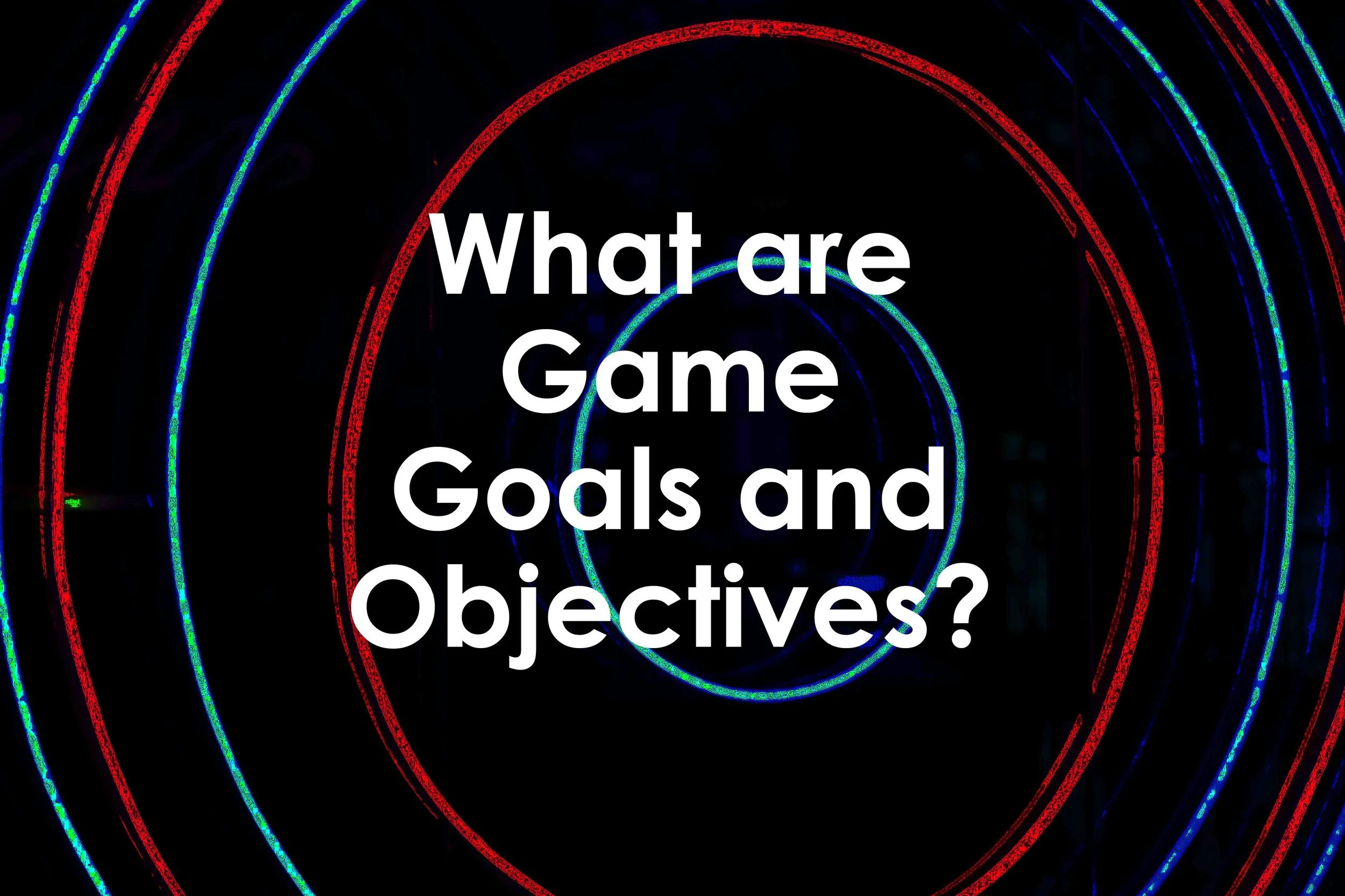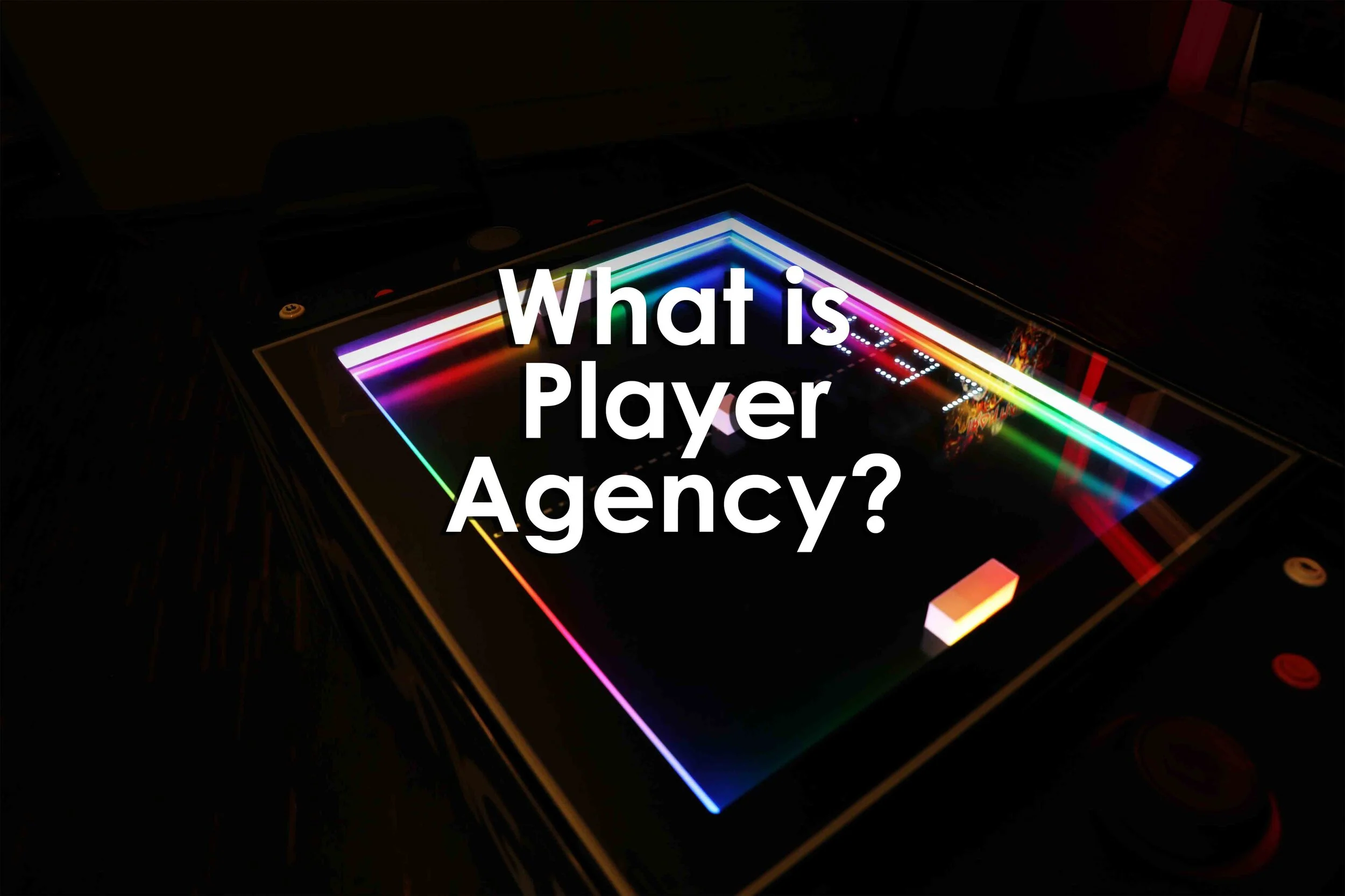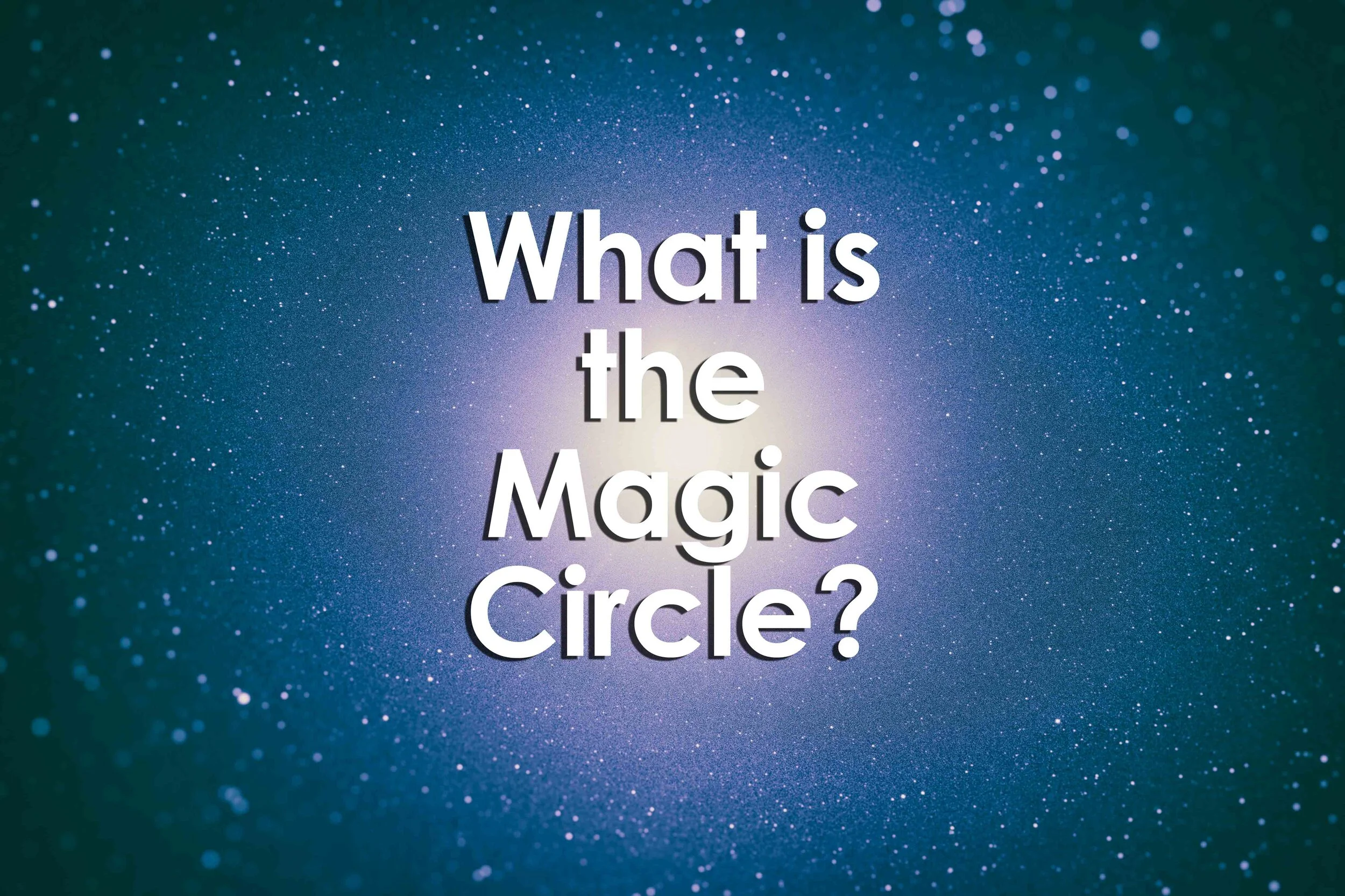What makes the “ideal” board games player? Some say that it takes someone who fully understands the rules. Others would say that it’s more about those who pay attention to the game rather than be subjected to distractions. Some feel that it’s tactical play and strategic thinking that makes the ideal tabletop player.
Read MoreBlog
This article will also cover how game goals work in concert with player agency and how designers can take advantage of player skill development while simultaneously mitigating luck and randomness. The player experience represents the defining factor for players engaging with games for learning; so, player feedback loops as well as how failure is addressed will also be considered.
Read MoreThis article provides a definition of player agency in games. Player agency includes making sure that players are provided with meaningful decisions during their play. This article reviews the concepts and scope of players’ meaningful decisions as well as the requisite components that make up player agency. Player agency is reviewed from multiple perspectives. Those perspectives include from within the magic circle; from within the game design; and lastly from the designer.
Read MoreThis article will answer the question “What is the magic circle?” In addition, it’ll address the magic circle as the “separate and special place” in gaming. Characteristics and locations of the magic circle will be discussed as well as how players cross into the magic circle. Players’ rules and roles within the circle as well as their return to “reality” are covered in this article. Finally, this article closes on using the magic circle in games-based learning as well as some criticisms around its use.
Read MoreBlack Mirror’s season five premiere Striking Vipers has an oddly coincidental connection to games and the “lusory agreement” the players follow when playing them.
Read More




